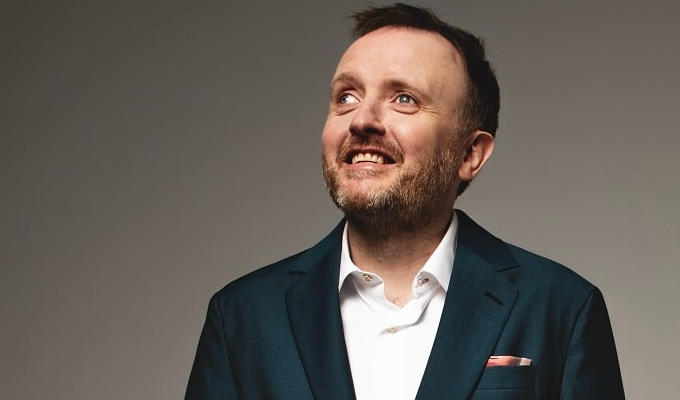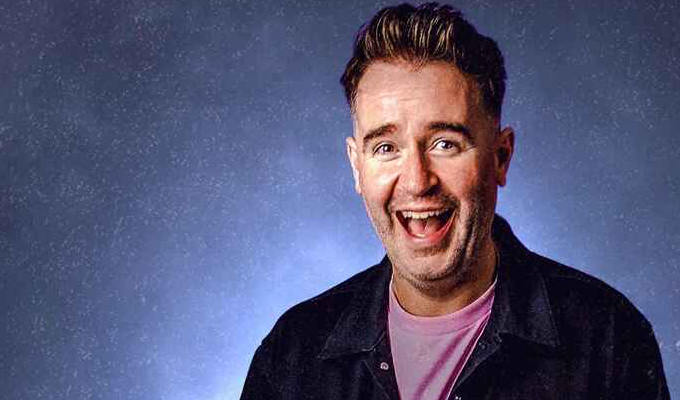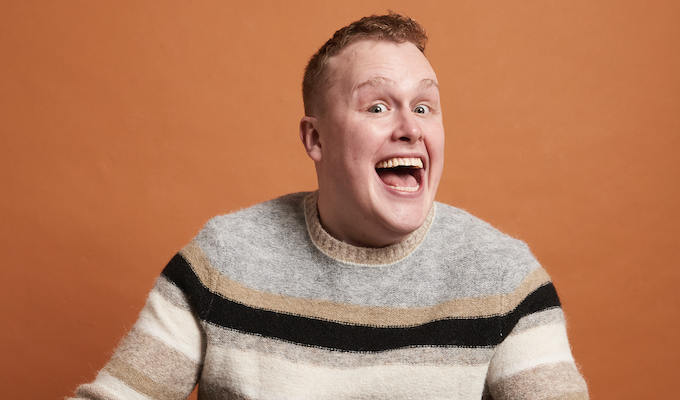
Taboo: Kate Copstick on offence in comedy
Radio review
There’s no doubt Kate Copstick has an agenda in Taboo. With a longstanding reputation for championing the controversial, if not downright offensive, in expanding comedy’s boundaries, she understandably bristles against the notion that anything should be unsayable.
This Radio 4 polemic, however, sidesteps the usual, tiresome, rhetoric that woke culture ruins everything by featuring comedians you wouldn’t have pegged as reactionary dinosaurs.
For reasons of race, sexuality, disability or transgenderism, the opinions of Desiree Burch, Tanyalee Davies, Tim Renkow, Jordan Gray and Scott Capurro would traditionally have been marginalised. Now they are using comedy – often uncomfortable comedy – to take command of their own narratives, and don’t want some self-proclaimed woke warriors taking away thay voice. ‘When you take that away from me as a disabled man you’re taking away my humanity,’ Renkow says.
There’s something of a conflation here, as few people would demand Renkow stop making jokes about his disability and playing with able-bodied people’s reaction to it. Most of those shouting loudest about ‘cancel culture’ in society seem to be less concerned about that sort of comedy than their right to do bad taste jokes about ‘cripples’.
Several of the comics in this opinionated, thought-provoking half-hour, say their main problem with supposed taboo jokes is that so often they are the same tired stereotypes. Lazy, unimaginative comedy is the real villain here.
And of course, context is everything. As Burch says, it’s OK for her to reflect on her own failings during her act, but ‘that’s not the same as a white person who has that power in society pointing a laughing finger at something that’s easy to laugh at that he doesn’t have to go home with’.
Indeed, Capurro and Grey explicitly say they like fact there are taboos, as it gives their acts a tension to play with.
The most valid complaints tend to be about second-hand offence: whether it be people taking up cudgels on behalf of others they see as needing protection – which is surely patronising in the extreme – or those taking jokes out of context, especially away from delicate dance with transgression between stand-up and audience in a live setting.
Copstick makes a decision to ignore the effects of Twitter in her argument, saying it ‘complicates things’ – but that seems to be to overlook a major part of this issue, given people’s views are increasingly hardened by social media.
The critic may have a horse in this race. Not only to protect the transgressive force of comedy which she holds so dear, but she, too, has been threatened with ‘cancellation’ after she was accused of being a ‘rape apologist’ a few years ago for unsympathetic comments about date-rape of an apocryphal teenager who ‘dolls herself up, covers herself in make-up, goes out [and] gets shit-faced’.
But she and her contributors throw up many interesting questions about the nature of comedy, the flirtations with offence that can give comedy its bite, the need for taboos for that line to exist, the unfair burden of representation on the shoulders of some comedians, and so much more,.
The show covers a lot of ground, but its conclusion is probably expressed most succinctly by Davis when she says: ‘Just lighten the hell up’.
• Taboo is on Radio 4 at 7.15pm tonight, then on BBC Sounds.
Review date: 11 Jul 2021
Reviewed by: Steve Bennett









